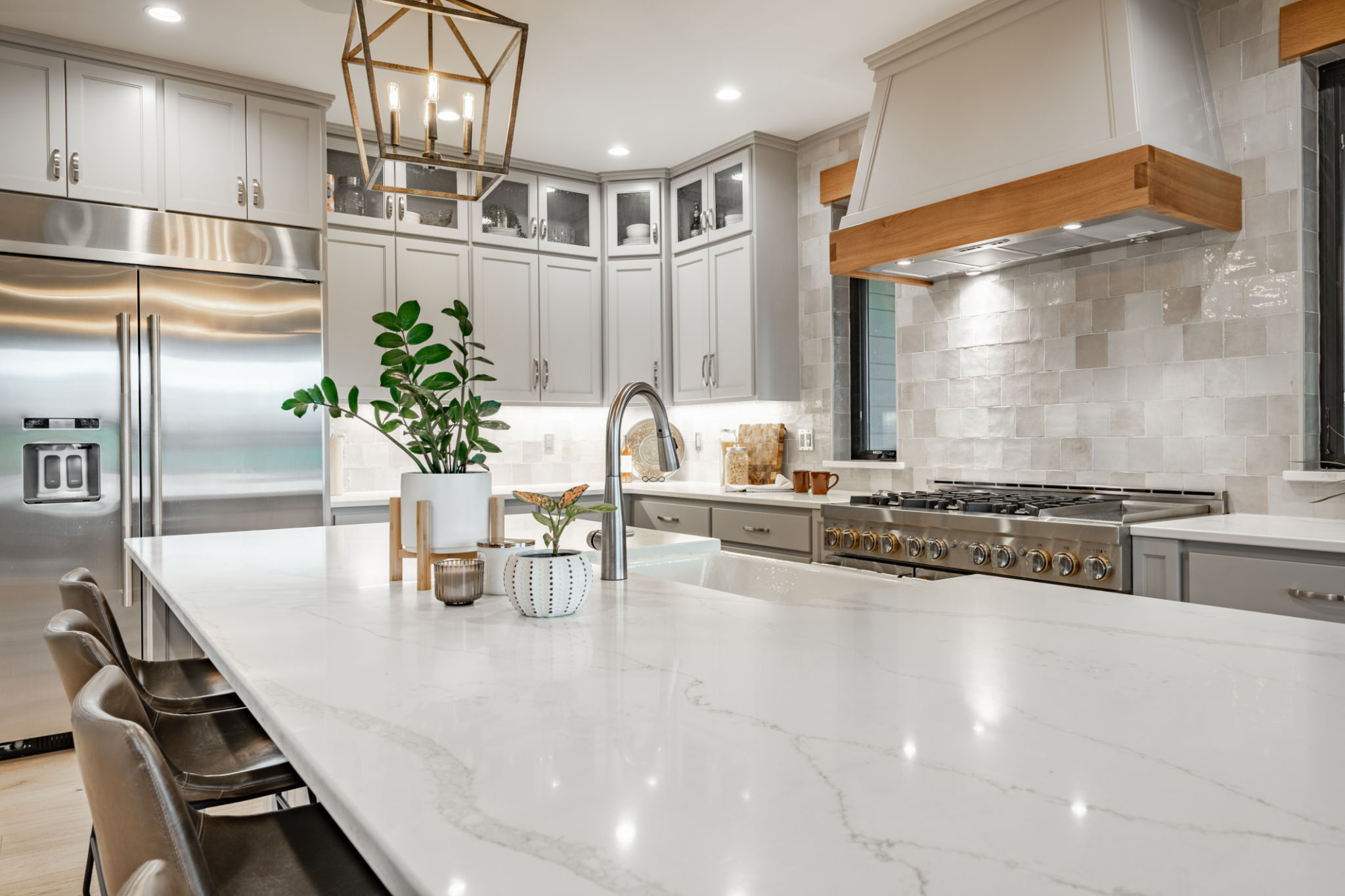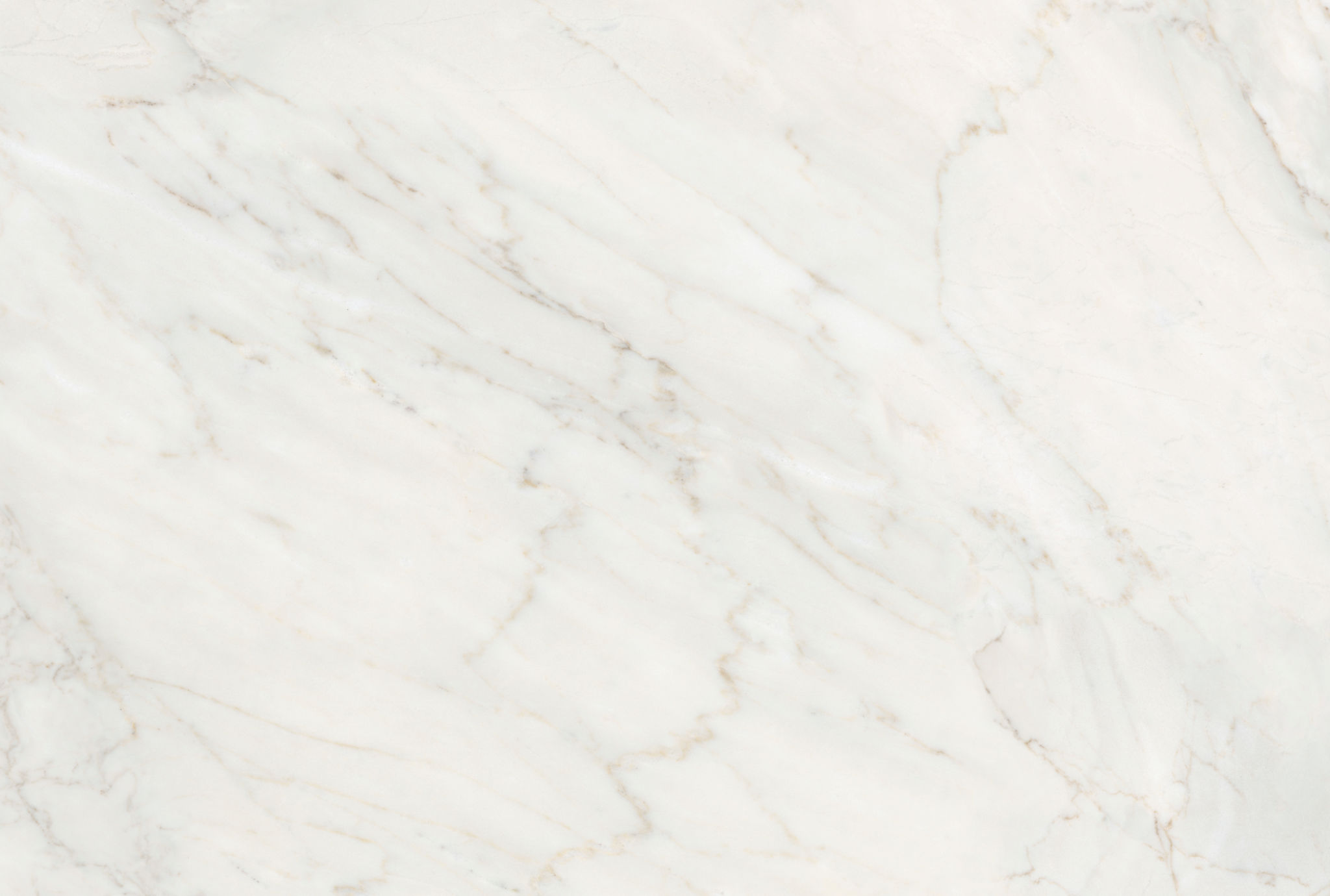Comparing Granite vs. Quartz: Which Stone Countertop is Best for You?
Understanding Granite and Quartz Countertops
When it comes to selecting a countertop for your kitchen or bathroom, granite and quartz are two of the most popular choices. Both materials offer unique benefits, and understanding these can help you make the best decision for your home. Granite is a natural stone, while quartz is engineered from quartz crystals and resin. This fundamental difference affects their performance, appearance, and maintenance requirements.

Appearance and Aesthetic Appeal
Granite countertops are renowned for their natural beauty, with each slab offering unique patterns and colors formed by geologic processes over millions of years. This means that no two granite countertops are exactly alike, providing a one-of-a-kind aesthetic to your home.
On the other hand, quartz countertops are engineered, which allows for a more uniform appearance. They come in a wide range of colors and patterns, some mimicking the look of natural stone. This consistency can be an advantage if you prefer a more controlled and cohesive look throughout your space.

Durability and Strength
Both granite and quartz are highly durable materials, but they have different strengths. Granite is extremely hard and resistant to scratches, but it is porous, which means it can stain if not sealed properly. Regular sealing is recommended to maintain its beauty and hygiene.
Quartz countertops, being non-porous, do not require sealing and are highly resistant to stains. They also resist scratches and chips better than many other countertop materials, making them an excellent choice for busy kitchens.
Maintenance Requirements
Maintenance is a critical factor in choosing the right countertop material. Granite requires periodic sealing to protect it from stains and bacterial growth. Cleaning granite is simple but must be done with non-abrasive cleaners to avoid damaging the sealant.
Quartz countertops are easier to maintain since they do not require sealing. Daily cleaning with mild soap and water is typically sufficient. Their non-porous nature also makes them more resistant to mold and bacteria.

Cost Considerations
The cost of granite and quartz countertops can vary significantly based on factors like brand, color, and installation complexity. Generally, granite tends to be less expensive than quartz, but high-end granite options can rival or exceed the price of quartz.
When budgeting for your countertop project, consider not only the initial cost but also long-term maintenance expenses. Granite's periodic sealing can add up over time, while quartz's maintenance-free nature might prove more economical in the long run.
Environmental Impact
For eco-conscious homeowners, the environmental impact of countertop materials might be a concern. Granite extraction involves quarrying, which can have significant environmental impacts if not managed responsibly.
Quartz countertops, being engineered, often incorporate recycled materials in their production. Some brands focus on sustainable practices and offer products with lower environmental footprints. Consider researching brands if sustainability is a priority for you.

Final Decision: Which is Right for You?
Ultimately, the choice between granite and quartz comes down to personal preference and lifestyle needs. If you appreciate the unique beauty of natural stone and are willing to commit to regular maintenance, granite might be the perfect fit for you. However, if you prefer a low-maintenance option with consistent appearance and durability, quartz could be the ideal choice.
Both materials can enhance the value and aesthetic appeal of your home. By weighing the pros and cons of each, you can make an informed decision that aligns with your design vision and practical requirements.
